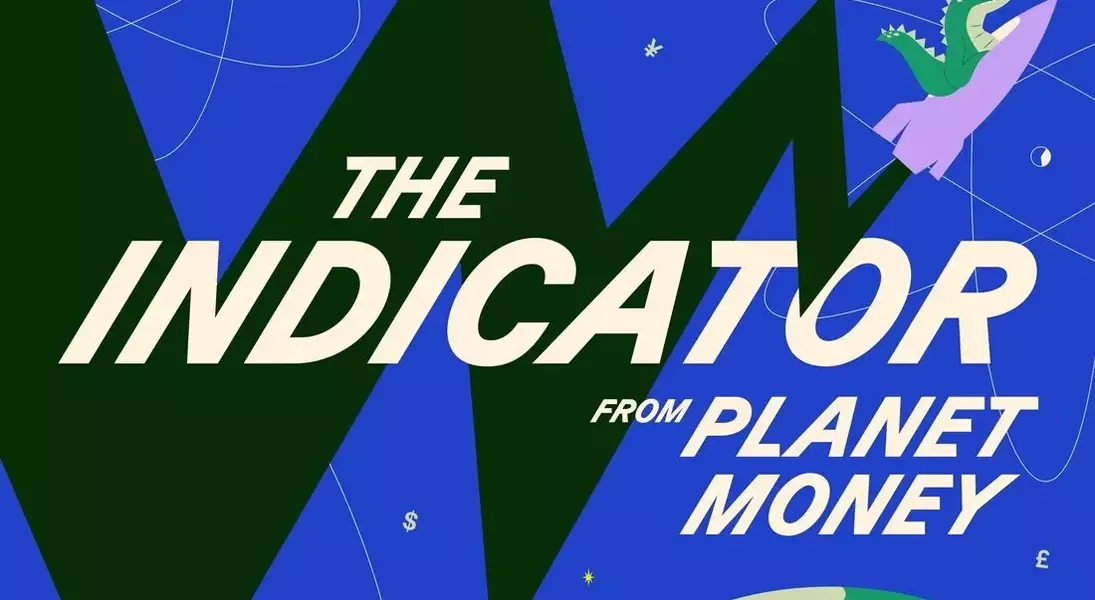



The digital age is ushering in an unprecedented transformation of human communication, largely propelled by the relentless currents of social media. This linguistic evolution is not merely about the adoption of new words or phrases; it signifies a deeper recalibration of how we express ourselves, influenced heavily by the algorithmic structures of platforms such as TikTok and Instagram. These systems, designed to maximize user engagement and virality, are inadvertently shaping the very fabric of our verbal and textual interactions, birthing a new lexicon that permeates online discourse, often detached from traditional semantic meaning.
Adam Aleksic's seminal work, 'Algospeak: How Social Media is Transforming the Future of Language,' offers a profound examination of this accelerating phenomenon. He posits that the mechanics of viral content and the metrics of platform engagement are fundamentally altering our cognitive patterns, compelling us to communicate in ways that are algorithmically favored. This results in a rapid proliferation of new linguistic constructs and a shift in communicative norms, indicating a significant and swift reshaping of how language functions in contemporary society.
The profound impact of algorithms on language underscores a pivotal moment in human history, challenging our understanding of communication and its evolution. As we navigate this dynamically shifting landscape, it becomes imperative to recognize the powerful forces at play and to critically assess how these digital currents are molding our collective expression. Embracing this change with an open mind, while remaining vigilant about its implications, allows us to adapt and even harness these new forms of communication for positive social engagement and understanding, fostering a more interconnected and expressive global community.
